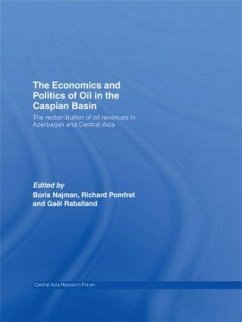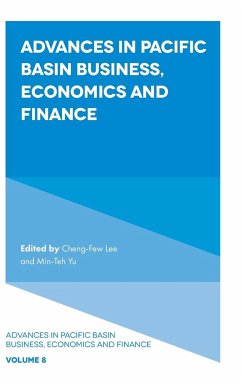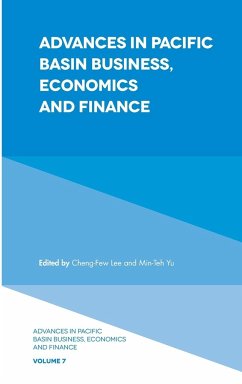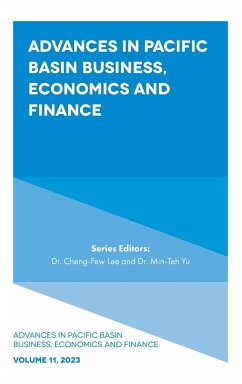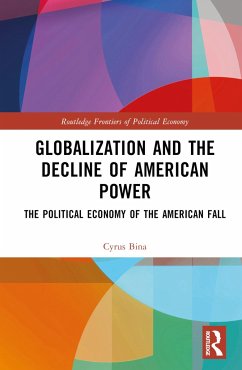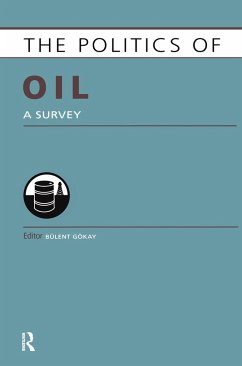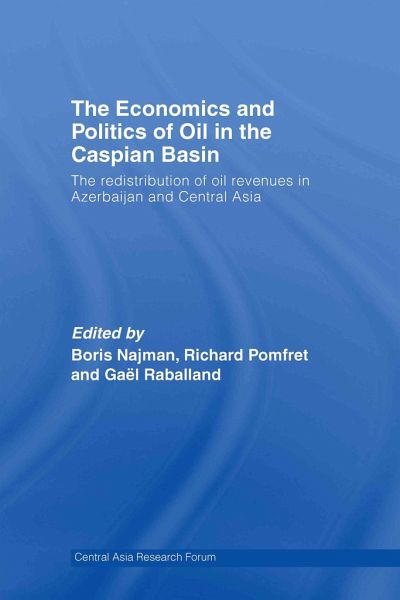
The Economics and Politics of Oil in the Caspian Basin
The Redistribution of Oil Revenues in Azerbaijan and Central Asia
Herausgeber: Najman, Boris; Raballand, Gaël; Pomfret, Richard
Versandkostenfrei!
Versandfertig in 1-2 Wochen
213,99 €
inkl. MwSt.

PAYBACK Punkte
107 °P sammeln!
The Caspian Basin region has boomed since the late 1990s due to new oil discoveries, new pipelines that have diversified countries' transport options and world oil prices that have risen from below ten dollars in 1998 to seventy dollars in 2006. This book analyzes the experience of the Caspian countries during the oil boom.





